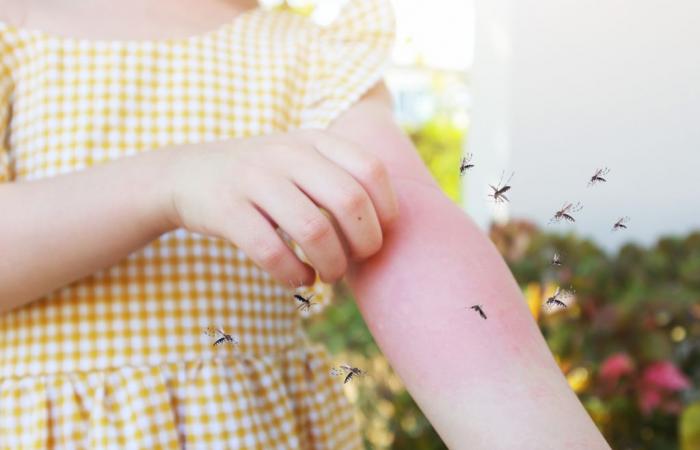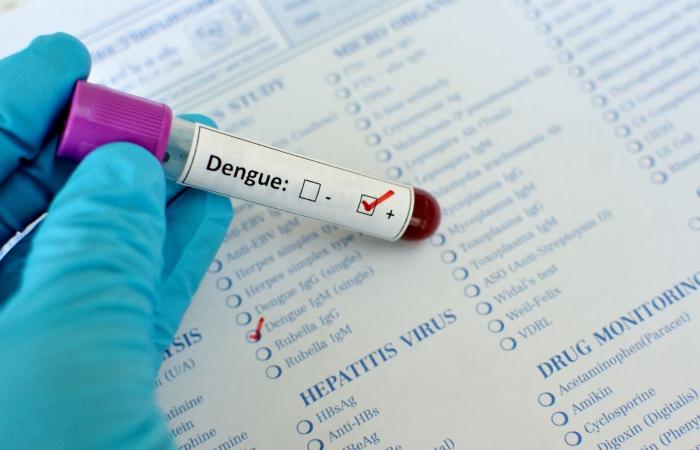A study carried out by the AdaptaBrasil platform, in collaboration with the Oswaldo Cruz Foundation (Fiocruz) and linked to the Ministry of Science, Technology and Innovation (MCTI), revealed that climate change can intensify the spread of vectors such as the Aedes aegypti mosquito, contributing to the increase in arboviruses, such as dengue, zika and chikungunya.
Furthermore, projections indicate a possible expansion of diseases such as malaria, American cutaneous leishmaniasis and visceral leishmaniasis.
The study considered factors such as maximum and minimum temperature, relative air humidity and accumulated precipitation to assess the occurrence of vectors responsible for the transmission of these diseases. The AdaptaBrasil platform also analyzed the population’s vulnerability and exposure to these vectors.
According to Jean Ometto, scientific coordinator of the platform, higher temperatures and increased precipitation may favor the proliferation of mosquitoes that transmit these diseases, known as arboviruses. He notes that diseases such as dengue and chikungunya have a higher incidence during the summer.
Furthermore, the platform considers the population’s level of exposure and vulnerability to these diseases. Populations with poor health and housing conditions tend to be more susceptible. Ometto highlights that, although these diseases already affect mainly less privileged populations, the situation is likely to worsen.
The coordinator highlights the importance of approaching this problem as a dramatic social issue that requires urgent solutions. He emphasizes the need to improve health infrastructure and the capacity to respond to emergency situations, in addition to implementing preventive measures to control the proliferation of transmitting mosquitoes.
The AdaptaBrasil platform aims to provide up-to-date scientific information to guide public policies and actions to adapt to climate change. Furthermore, it seeks to expand its operations to address issues such as heat waves, which also pose a risk to public health.
Based on reliable scientific data, the platform aims to support the development of effective strategies to reduce the impact of climate change on the health of the Brazilian population.
With information from Agência Brasil.
Tags: Alert Climate change worsen risk mosquitoborne diseases







